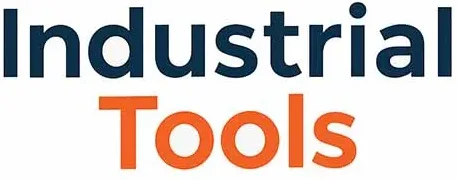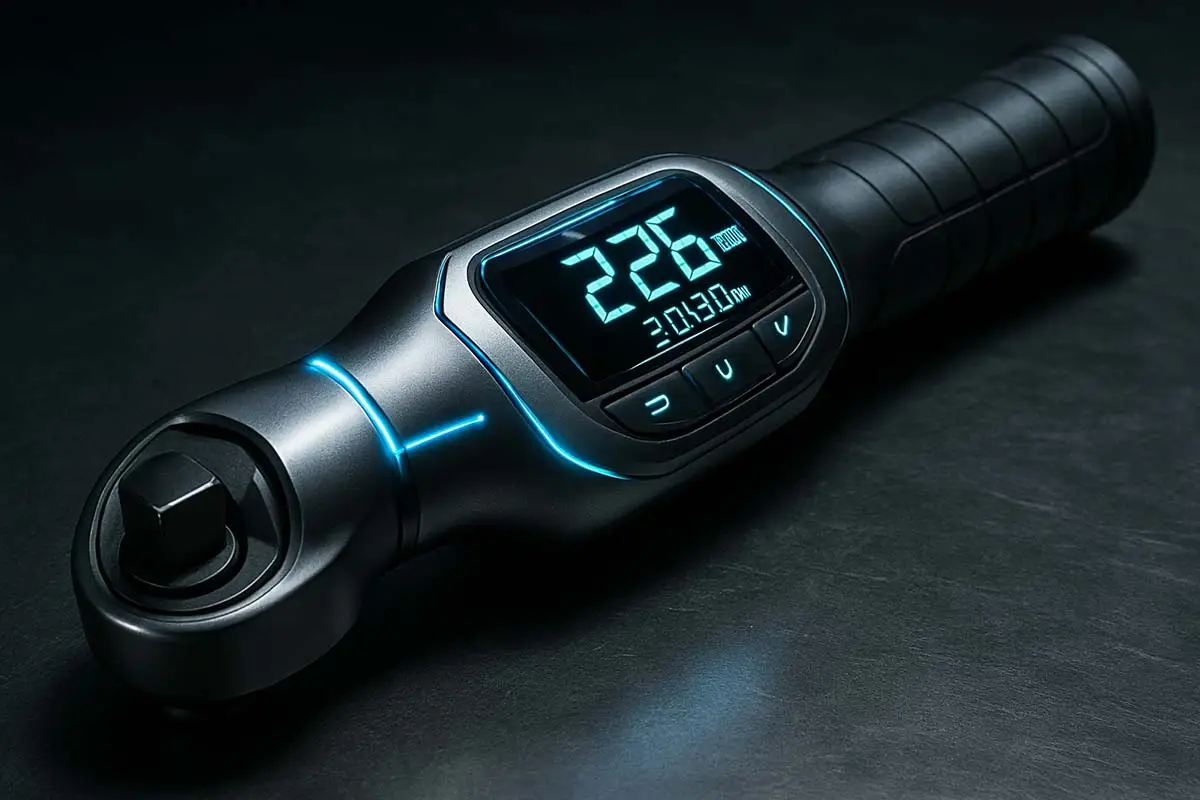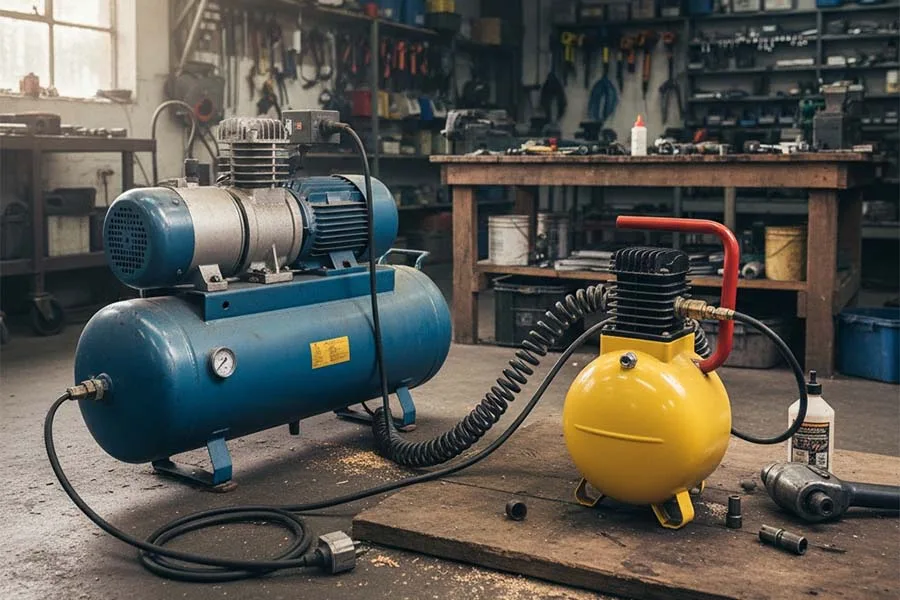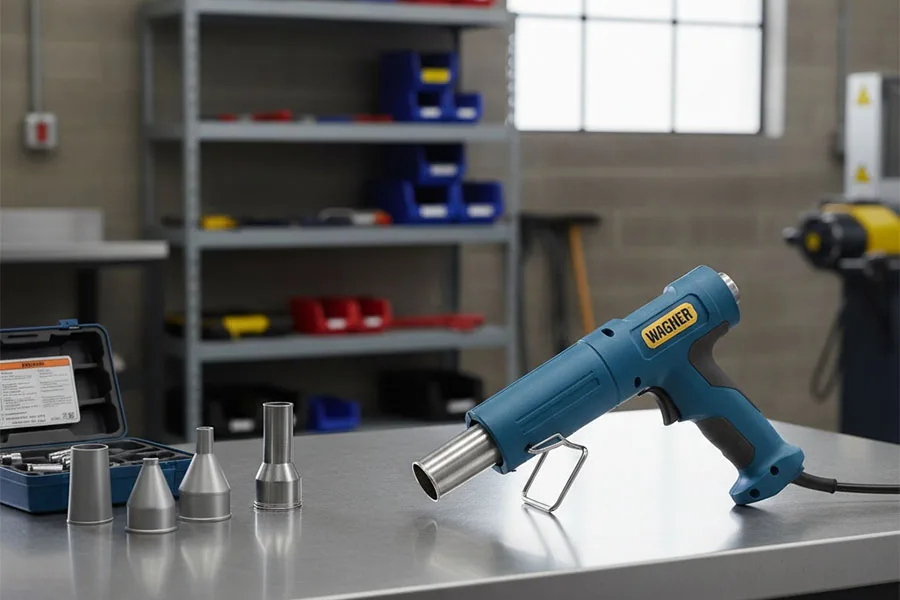Introduction
Precision fastening is no longer optional – it’s essential. In 2025, the digital torque wrench has become the standard in industries from automotive repair to aerospace engineering. But with so many models on the market, finding the best one for your needs can feel overwhelming.
This guide ranks the best digital torque wrench in 2025, with detailed product specs, key features, pros and cons, and the industries they serve best. Whether you’re a mechanic, an engineer, or a passionate DIYer, you’ll find the perfect tool here.
🏆 Best Digital Torque Wrenches in 2025
1. Atlas Copco STRwrench with SmartHEAD Technology
Why It’s #1: The ultimate in precision and traceability. Built for industries where every tightening must be recorded and verified.
- Accuracy: ± 0.5% (one of the best on the market)
- Torque Range: 8–1000 Nm (via interchangeable smartHEADs)
- Display: High-contrast LCD with LED feedback ring
- Connectivity: Full IoT integration with ToolsNet, QA Supervisor, Ethernet/IP, and Profinet
- Battery Life: Up to 16 hours; ~4 hours recharge
- Special Features: Modular smartHEADs, vibration/LED/buzzer feedback, carbon-fiber build
Pros:
- Industry-leading precision
- Fully traceable results for compliance
- Modular design for multiple torque needs
Cons:
- Extremely expensive (quotation-based pricing)
- Requires integration into QA systems
- Overkill for casual users
Best For: Aerospace, automotive manufacturing, and heavy industries.
2. Snap-On TechAngle Flex-Head Digital Torque Wrench
Why It’s Great: A professional’s dream tool – reliable, accurate, and versatile.
- Accuracy: ± 1%
- Torque Range: 10–250 ft-lbs
- Display: Backlit LCD, dual-scale units
- Connectivity: Some models feature Bluetooth
- Power Source: AA batteries
Pros:
- Extremely durable
- Ergonomic flex-head design
- Widely used in automotive and aviation
Cons:
- Heavy compared to other models
- Pricey for independent mechanics
Best For: Automotive and aviation professionals who need reliability without full IoT integration.
3. Norbar Evotorque Battery Tool (ETB) Series
Why It Stands Out: Combines portability with industrial-grade precision.
- Accuracy: ± 1%
- Torque Range: 200–600 Nm (model dependent)
- Display: Color LCD with multiple unit options
- Connectivity: Bluetooth and USB
- Battery Life: ~500 operations per charge
Pros:
- High power for heavy-duty applications
- Excellent global calibration support
- Strong industrial build
Cons:
- Calibration services can be costly
- Heavier than Snap-On or CDI models
Best For: Aerospace, defense, and construction sectors requiring portable torque tools.
4. Proto Industrial J6006C Digital Torque Wrench
Why It’s Reliable: Tough, industrial-grade tool with good digital accuracy.
- Accuracy: ± 1–2%
- Torque Range: 40–200 ft-lbs
- Display: Large LCD with audible indicators
- Connectivity: Limited; some models USB-capable
- Power Source: Rechargeable batteries
Pros:
- Rugged and dependable
- Good mid-range pricing for industry
- Strong brand backing (Stanley Black & Decker)
Cons:
- Bulkier than other brands
- Limited advanced features
Best For: Construction, energy, and manufacturing industries.
5. CDI Torque 2503 Digital Torque Wrench
Why It’s Popular: Affordable yet accurate – perfect balance for small shops.
- Accuracy: ± 1–2%
- Torque Range: 25–250 ft-lbs
- Display: Backlit LCD with multiple torque units
- Power Source: AAA batteries
Pros:
- Affordable alternative to Snap-On
- Wide torque range for auto repair
- Good reputation among mechanics
Cons:
- Limited advanced connectivity
- Not as rugged as Norbar or Proto
Best For: Auto repair shops and independent mechanics.
6. Gearwrench 85077 Electronic Torque Wrench
Why It’s a Great Starter Tool: Affordable entry point for digital torque precision.
- Accuracy: ± 2%
- Torque Range: 10–100 ft-lbs
- Display: Backlit LCD with buzzer alert
- Power Source: AAA batteries
Pros:
- Budget-friendly
- Lightweight and ergonomic
- Perfect for DIY users
Cons:
- Shorter battery life
- Not rugged enough for daily professional use
Best For: DIY mechanics and hobbyists looking for precision on a budget.
Technical Comparison Table
| Model | Accuracy | Torque Range | Connectivity | Best For |
|---|---|---|---|---|
| Atlas Copco STRwrench | ± 0.5% | 8–1000 Nm | Full IoT/QA | Aerospace, automotive lines |
| Snap-On TechAngle | ± 1% | 10–250 ft-lbs | Bluetooth (some) | Professional mechanics/aviation |
| Norbar Evotorque (ETB) | ± 1% | 200–600 Nm | Bluetooth/USB | Aerospace, heavy industry |
| Proto J6006C | ± 1–2% | 40–200 ft-lbs | Limited | Construction, energy sectors |
| CDI Torque 2503 | ± 1–2% | 25–250 ft-lbs | Basic | Auto shops, mid-range users |
| Gearwrench 85077 | ± 2% | 10–100 ft-lbs | Basic | DIY and hobby mechanics |
Interesting & Lesser-Known Facts
🔧 Interesting Fact: The Atlas Copco STRwrench can identify which operator is using it through RFID login, preventing unauthorized use.
🔧 Lesser-Known Fact: Digital torque wrenches were originally military technology before being adapted for civilian automotive and industrial sectors.
Best Digital Torque Wrench in 2025 FAQ
Want To Learn More About Torque Wrench?
Find out more information on torque wrenches in the following articles:
- The Ultimate Guide to Torque Wrenches
- How to Use a Torque Wrench in the Automotive Industry
- Automotive Torque Wrench Buying Guide 2025
- Digital vs. Mechanical Torque Wrenches: Which Is Better?
- Top Torque Wrench Manufacturers Reviewed (2025 Edition)
- How to Calibrate a Torque Wrench: Step-by-Step Guide
- How to Set Up a Torque Wrench Correctly (Step‑by‑Step)
- How to Read a Torque Wrench Correctly?
- Torque Wrench Maintenance: How to Extend Its Life
- 5 Common Mistakes When Using a Torque Wrench
- The Future of Torque Wrenches: Smart Tools & Automation 2025
- Torque Wrenches in Aviation – Case Studies on Safety
- Torque Wrench Safety: Prevent Overtightening & Bolt Failures
- Torque Wrench Accuracy Explained | Understanding Tolerance in Practice
- Digital Torque Wrench Calibration – Step-by-Step Guide 2025
- Snap-On Digital Torque Wrenches (2025) – Premium Review
- Proto Torque Wrenches: Complete Buying Guide & Pro Review (2025 Edition)
Conclusion
In 2025, the Atlas Copco STRwrench takes the crown as the most advanced digital torque wrench, but it comes with a steep price. For professional mechanics, the Snap-On TechAngle is a proven performer, while Gearwrench provides an excellent entry-level option for hobbyists.
💬 Now we want to hear from you!
Which digital torque wrench do you trust the most – and why? Share your thoughts in the comments below, and help your fellow readers by sharing this article on social media.





